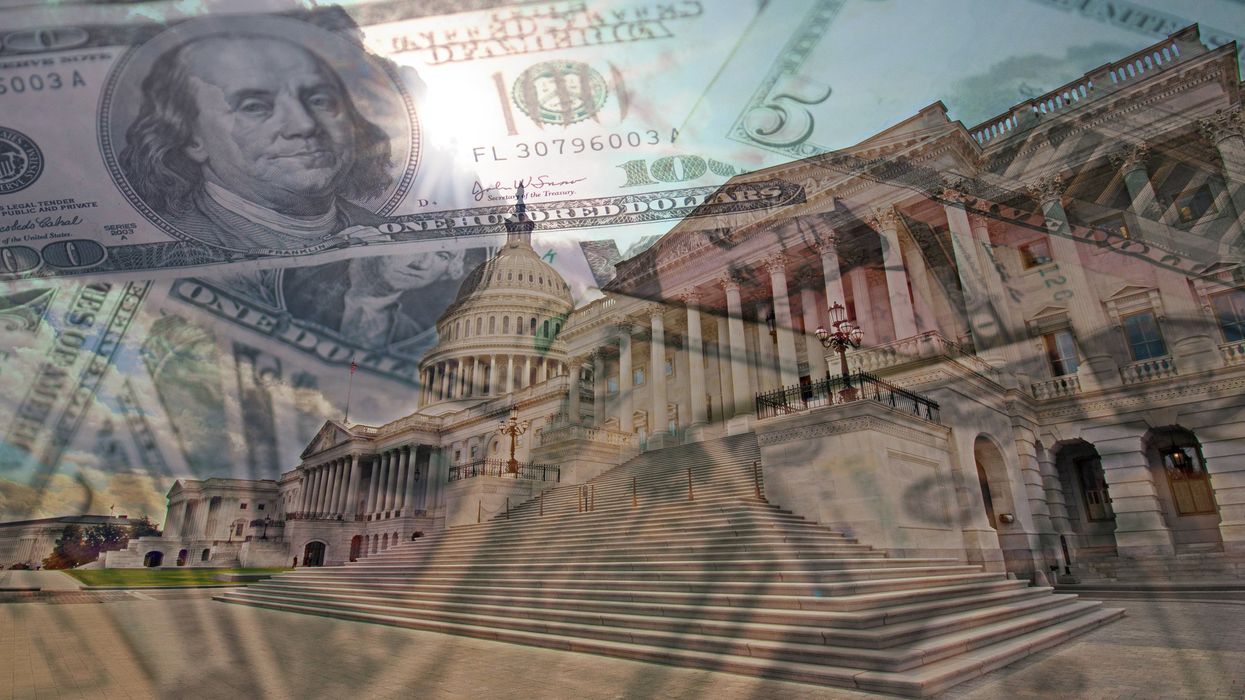The Center for Political Accountability recently launched The Barbara and Morris Pearl 527 Interactive Database, a user-friendly system created to shine a spotlight on under-the-radar corporate political spending in the United States.
This groundbreaking tool provides detailed and targeted access to information on contributions from publicly traded American companies to major partisan political organizations called 527s, for the section of the IRS code that governs them.
The database also provides information on spending by these nonprofit, tax-exempt organizations on competitive and high-profile state races, including gubernatorial, attorney general, legislative and state elections.
It focuses on company spending using treasury or corporate funds. These are used for unlimited contributions that are in the hundreds of thousands to millions of dollars.
Housed on CPA’s website, this tool will help companies conduct robust due diligence on their own and their peers’ and competitors’ political spending and understand its impact. It will help shareholders, consumers, journalists and other researchers follow the money trail for millions of political dollars.
Users will be able to tailor their searches with advanced filtering options, including by business sector, political cycle and company headquarters, providing unparalleled insights into trends in corporate electoral spending.
“The influence of corporate money in politics is a crucial issue that affects governance and public trust,” said Jeanne Hanna, CPA’s vice president for research and the architect of the new database.
“This database represents a major step toward greater transparency by offering an accessible way to track the flow of corporate treasury funds via third-party groups into important state elections,” Hanna said. “It brings vast flows of little-known political spending into the sunlight.”
Hanna also noted that state capitals now play a pivotal role in shaping policies on health care, education, environmental regulation and voting rights, directly impacting Americans' daily lives. As a result, political spending in state races has become more critical in influencing election outcomes and driving the direction of these essential policy areas at national and state levels.
The database has two interactive portals:
- Donations Database: Tracking the flow of funds from public companies to major 527 organizations and covering available data from 2010 through October 2024;
- Spending Database: Analyzing how these 527 groups spend corporate contributions on key state-level races and covering the 2022 and 2024 cycles.
As data on the 2024 election cycle continues to be released, this tool provides a timely and essential resource for understanding the role of corporate money in shaping state-level elections. It is designed for users to easily navigate and uncover data that were previously difficult to access.
A unique feature of this tool is its integration with original campaign finance documents from state databases. Each entry in the spending database links directly to the official state filings, ensuring full transparency and providing users with access to primary source materials.
In the near future, CPA will schedule a webinar to assist journalists in their use of the database.
The database was created and launched with the generous support of Barbara and Morris Pearl, who underwrote it. Mr. Pearl is a member of the CPA board of directors and a strong supporter of the center. He is a former managing director at BlackRock.
Freed is president and co-founder of the Center for Political Accountability.



















Trump & Hegseth gave Mark Kelly a huge 2028 gift